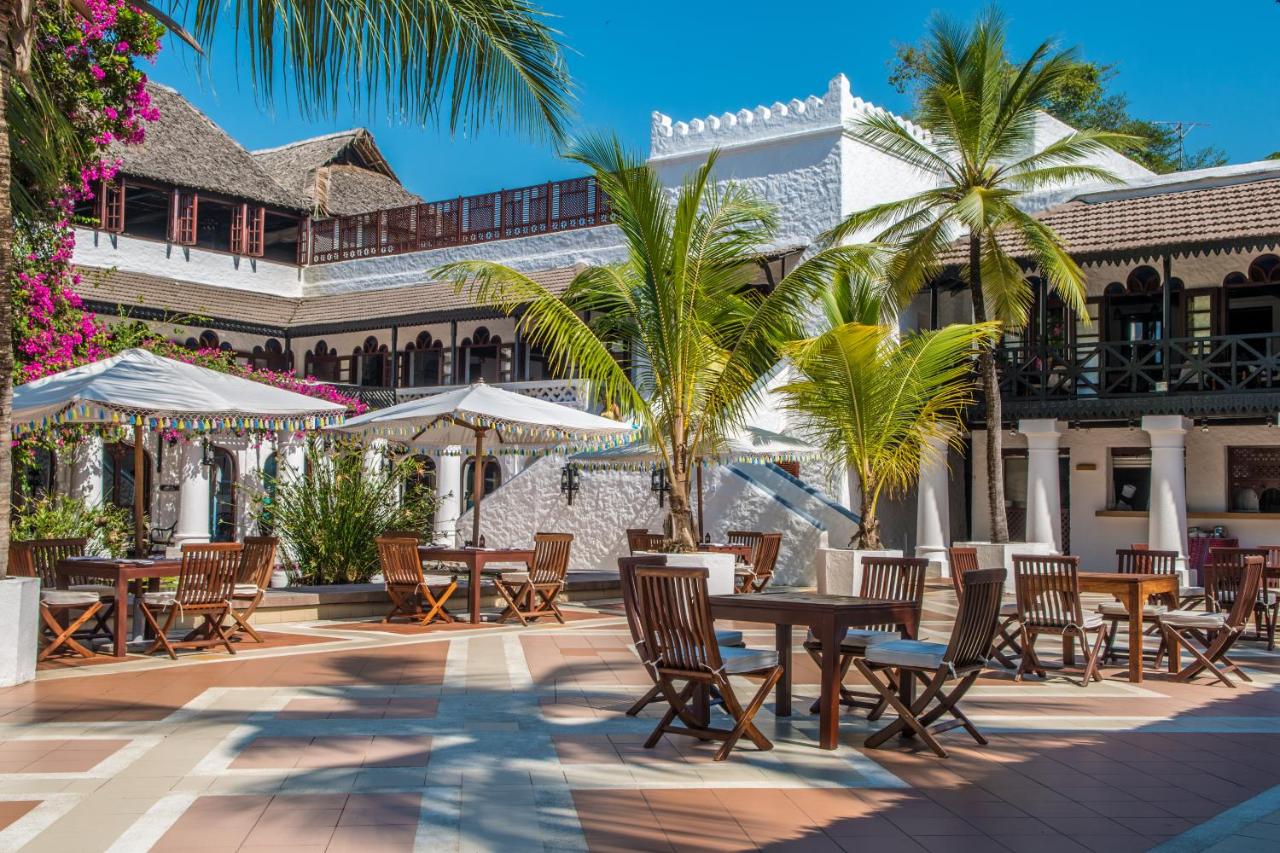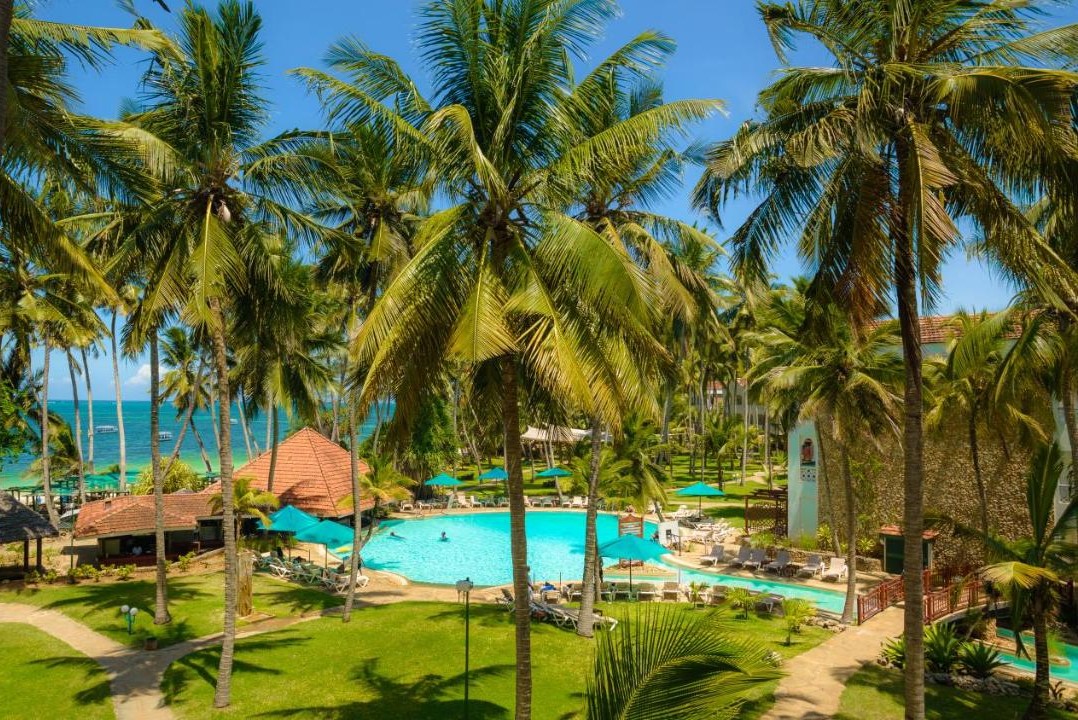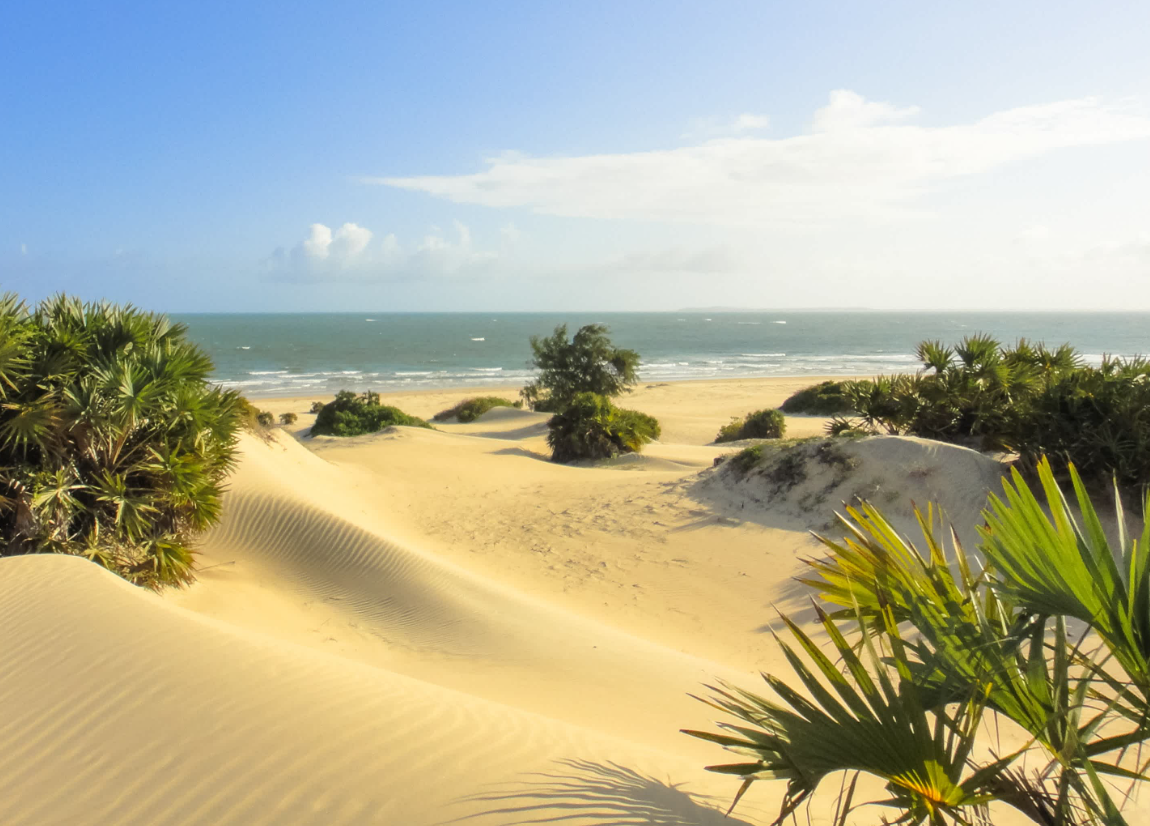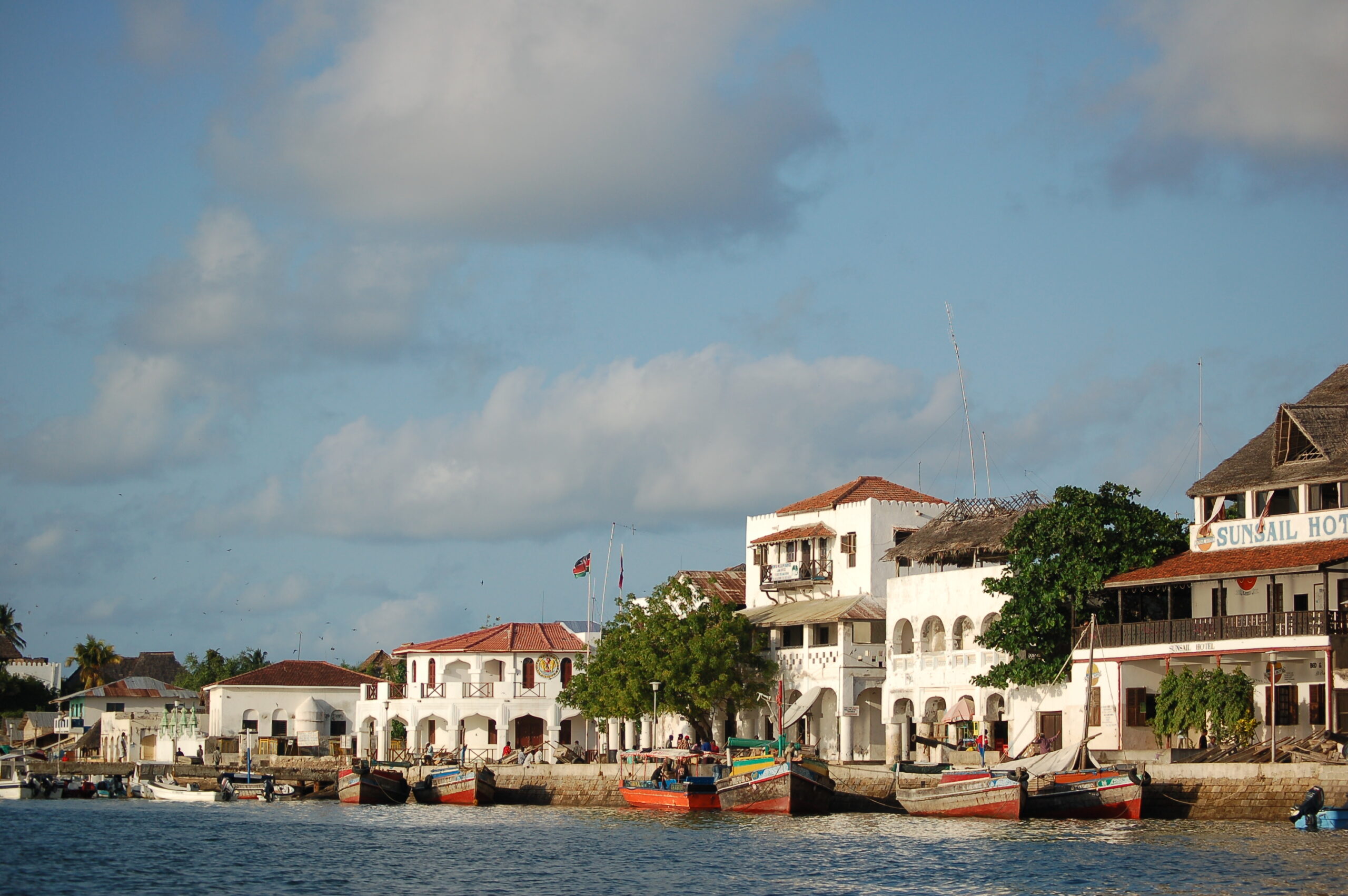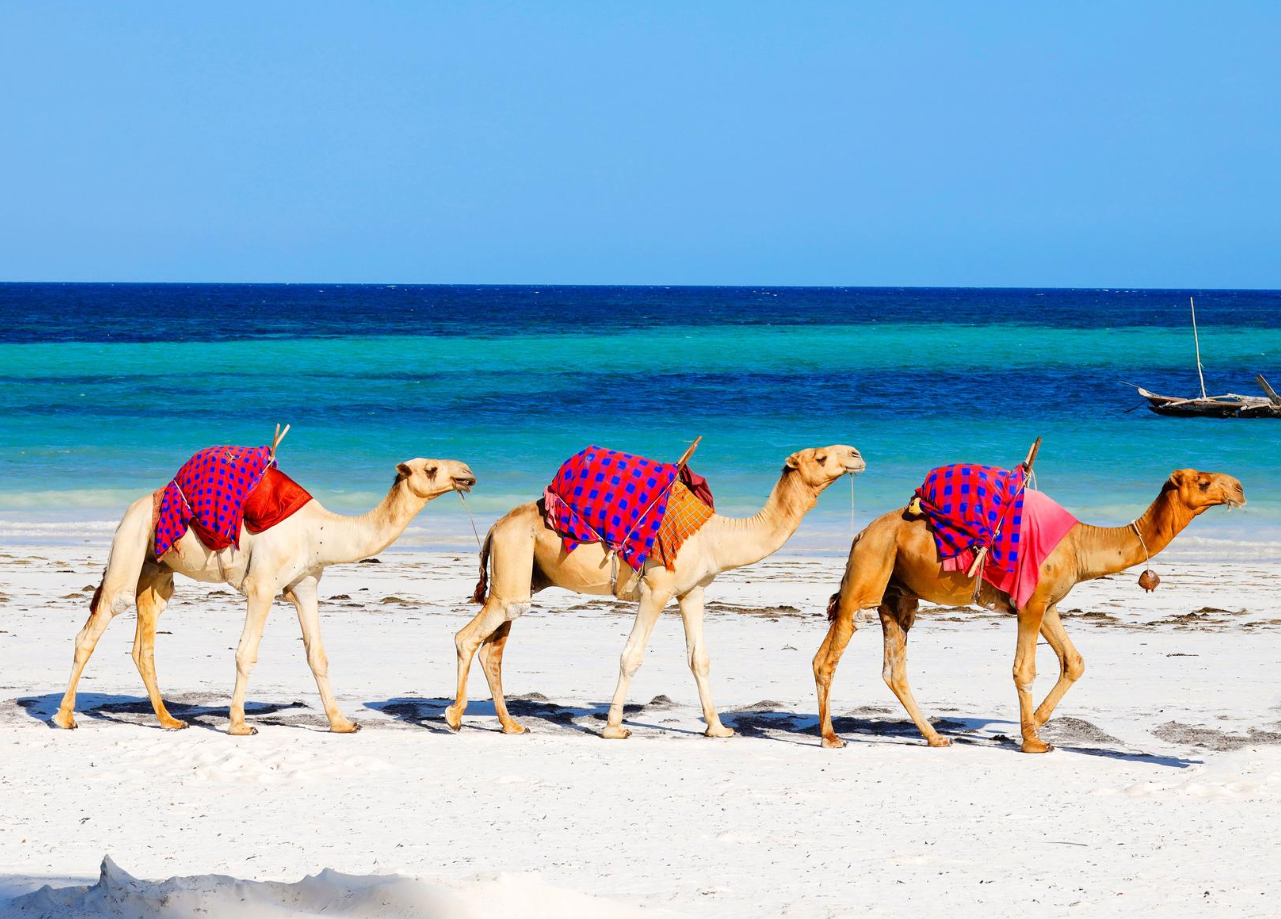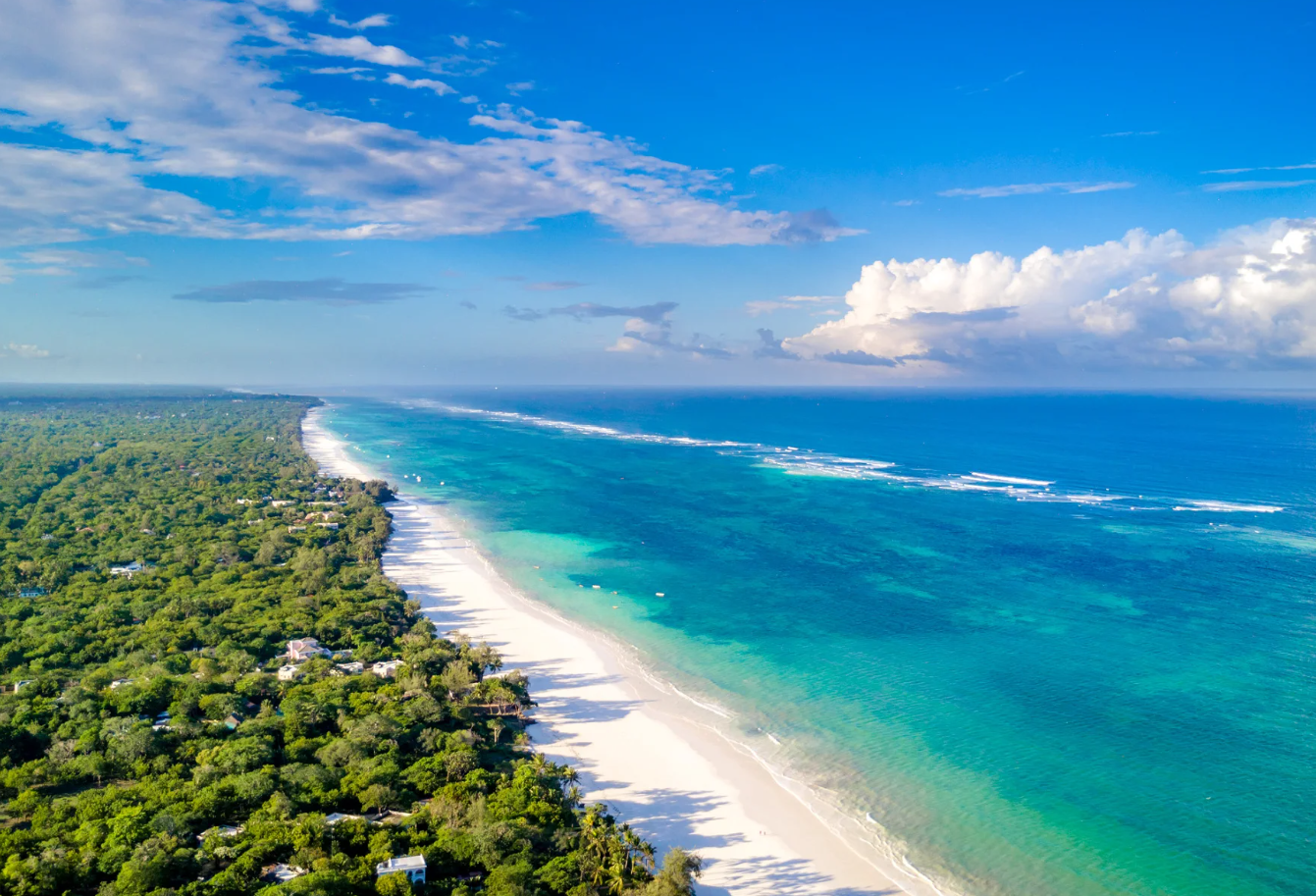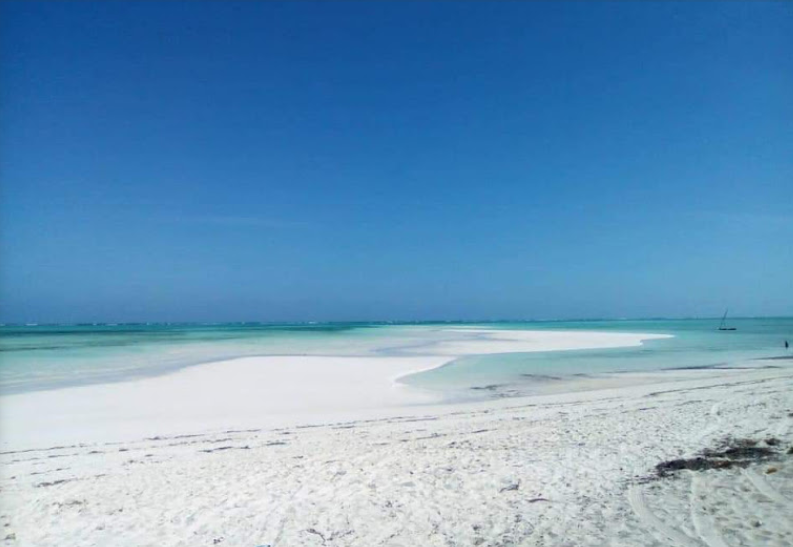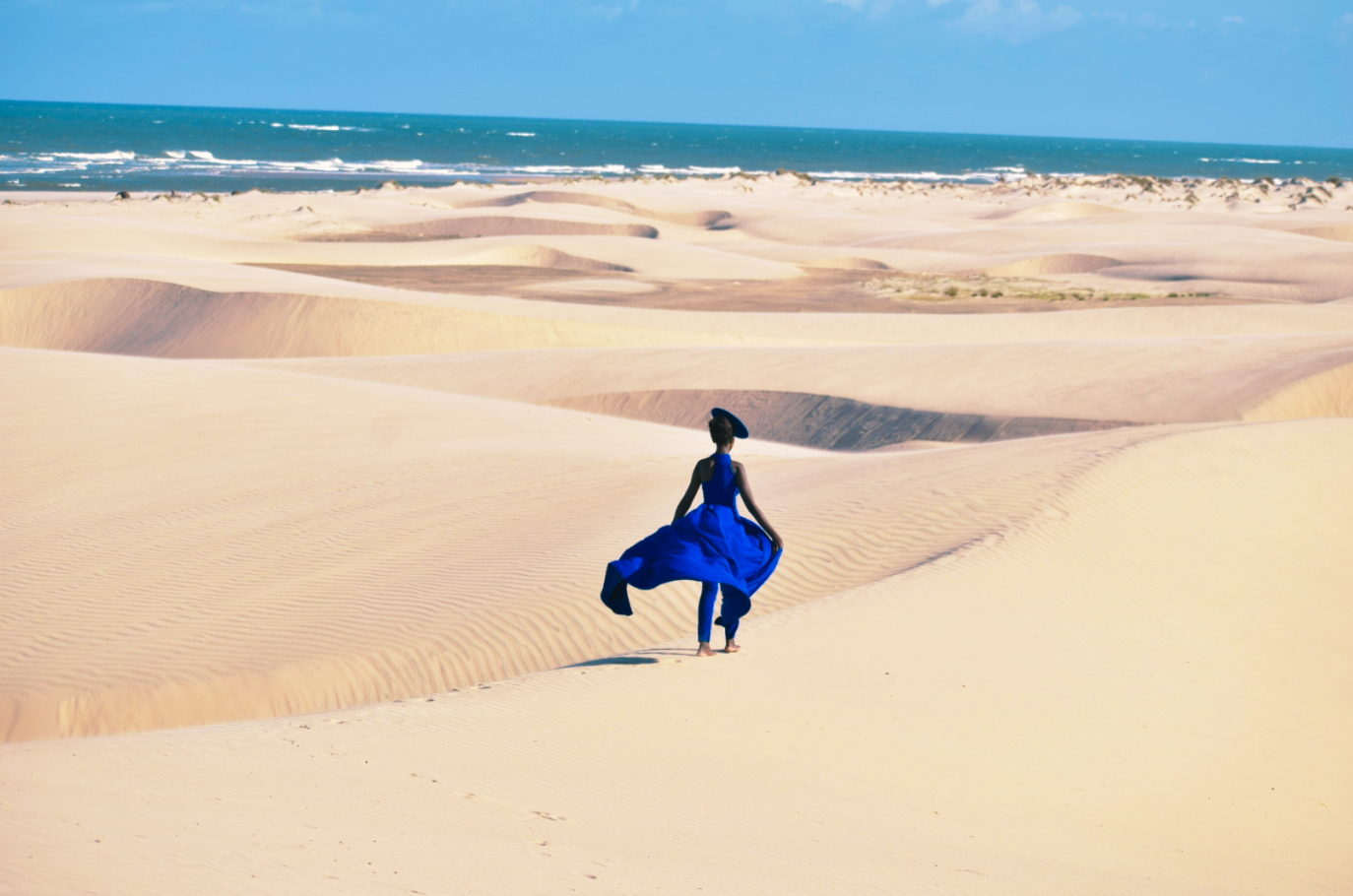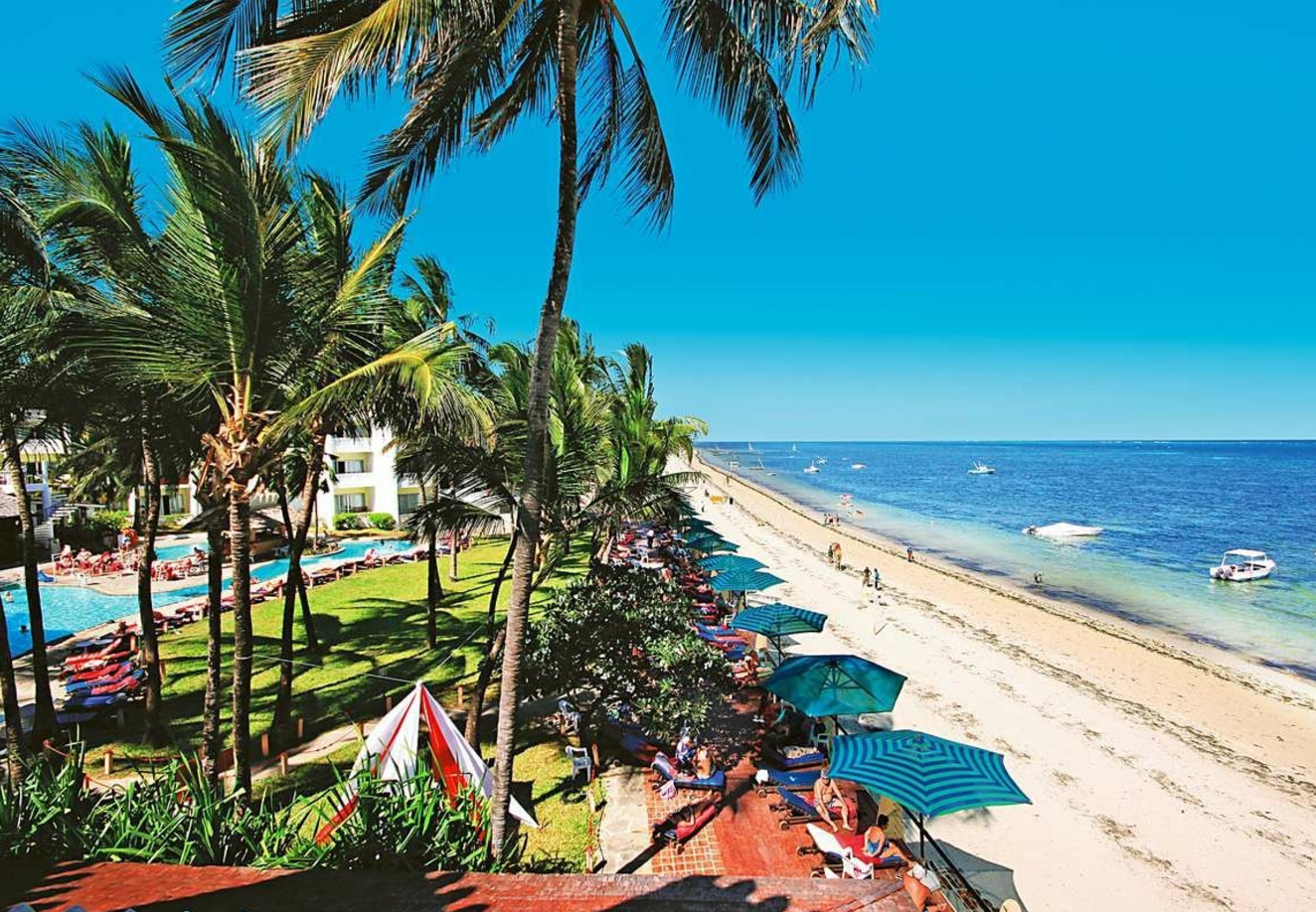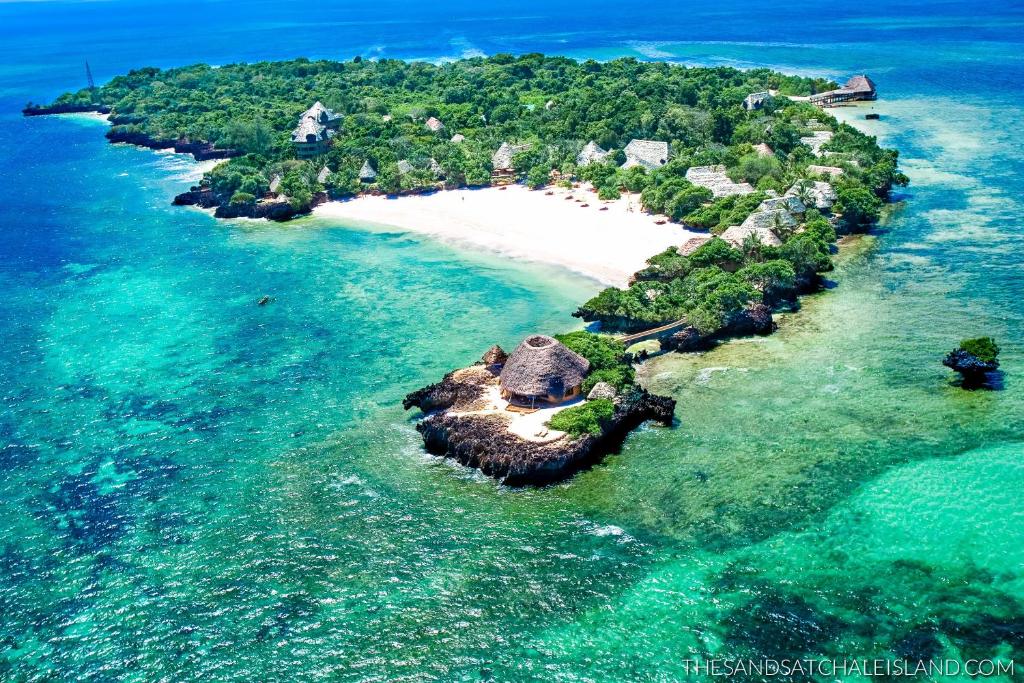Is Kenya's coast safe for tourists?
Kenya’s coast is a tropical paradise offering stunning beaches, vibrant marine life, and rich Swahili culture. Stretching from Lamu in the north to Diani in the south, Kenya’s coastline is a popular destination for both local and international travelers. However, one of the common questions potential visitors ask is, “Is Kenya’s coast safe for tourists?” In this article, we’ll explore the safety of traveling along Kenya’s coastline, covering security, health precautions, and general travel tips to ensure a safe and enjoyable experience.
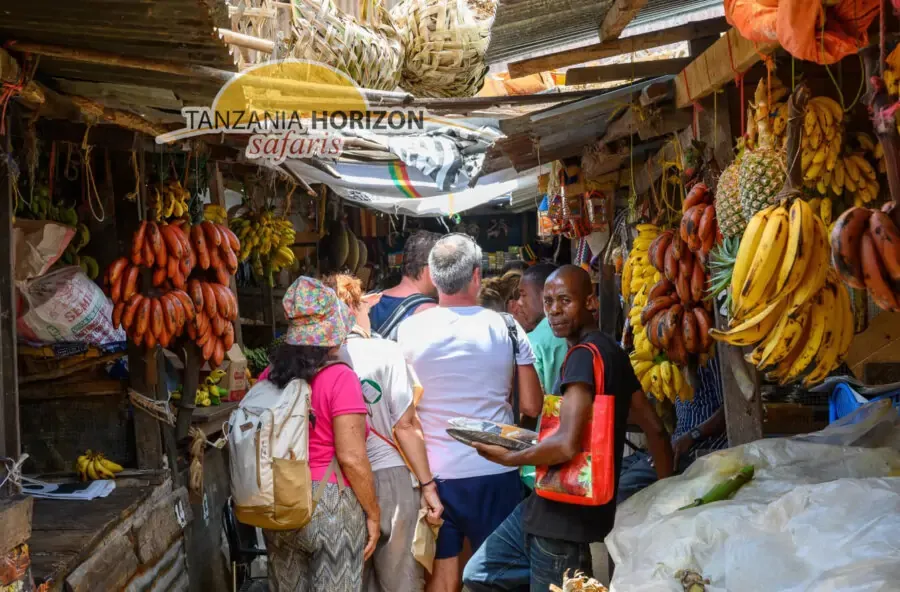
1. Security and Safety: Is Kenya’s Coast Secure?
Tourist Areas Are Generally Safe The key tourist areas along the Kenyan coast, such as Diani Beach, Mombasa, Watamu, Malindi, and Lamu, are generally safe for visitors. These regions have seen significant investments in security, and local authorities work closely with hotels and tourism operators to ensure a secure environment for travelers.
Police Presence and Security Measures In popular tourist zones, you will notice an increased police presence, especially near hotels, beaches, and transport hubs. Private security in many resorts and hotels further enhances safety. Most hotels also provide safes in rooms for valuables, and visitors are advised to use them to store important documents and items.
Travel Advisories Before traveling to any country, it is always a good idea to check travel advisories from your government. While some governments may advise caution for certain areas of Kenya, the majority of the coastal tourist zones are considered safe. It’s important to stay updated on any changes and follow local guidelines when traveling.
2. Terrorism Concerns: What You Need to Know
Recent History There have been isolated incidents of terrorism-related activities in Kenya, particularly near the Somali border. However, most of these incidents occur far from Kenya’s main tourist regions on the coast. In response, Kenya has ramped up its security efforts, especially in high-traffic areas like airports, resorts, and national parks, to protect tourists.
Current Situation The Kenyan government continues to take strong measures to prevent such incidents, and the coastal areas remain safe for tourists. However, as with traveling to any destination, it’s important to stay vigilant and follow advice from local authorities and tourism professionals.
3. Health and Medical Precautions: Stay Safe and Healthy
Vaccinations and Health Precautions Before traveling to Kenya’s coast, it is recommended to have up-to-date vaccinations, particularly for yellow fever, typhoid, and hepatitis A and B. Additionally, malaria is present in some coastal areas, so visitors should take anti-malarial medication and use insect repellent and mosquito nets where necessary.
Access to Medical Care Tourist areas like Mombasa, Diani, and Malindi have modern medical facilities and hospitals that cater to both locals and tourists. Many upscale resorts also have in-house doctors or arrangements with nearby medical centers. In case of emergencies, evacuation services are available to Nairobi, where top-tier medical facilities are located.
4. Beach and Water Safety: Enjoy Kenya’s Coast Responsibly
Swimming and Water Activities Kenya’s beaches are some of the most beautiful in Africa, but it’s important to be cautious when swimming or engaging in water activities. Pay attention to flags and signs indicating water conditions. If you’re unsure, ask local lifeguards or hotel staff about the safest areas to swim. It’s also recommended to use reputable operators for water sports like diving, snorkeling, and jet skiing.
Wildlife Caution While it is rare, some coastal areas may have marine wildlife like jellyfish or sea urchins, which can cause minor injuries. It’s important to wear protective footwear when walking on rocky shores and to follow safety guidelines when diving or snorkeling. Tour operators can advise on the best areas for safe marine exploration.
5. Local Etiquette and Cultural Sensitivity: Respect the Local Culture
Cultural Considerations Kenya’s coast is predominantly home to Muslim communities, particularly in areas like Lamu and Mombasa. Visitors are advised to dress modestly when outside beach areas, especially when visiting local towns or religious sites. Showing respect for the local culture not only ensures a smooth travel experience but also contributes to the overall safety and enjoyment of your trip.
6. Travel Tips for Safe Tourism on Kenya’s Coast
- Use Registered Taxis and Transfer Services: Always use official taxis or hotel-organized transfers to ensure safety when moving between destinations.
- Keep Valuables Secure: While petty theft is not common in tourist areas, it’s always a good idea to keep an eye on your belongings and avoid carrying large sums of money.
- Travel Insurance: Make sure you have comprehensive travel insurance that covers health, accidents, and cancellations.
- Stay Informed: Keep up with local news and follow any advisories issued by your embassy or consulate.
Our tips for your safety:
- Leave your valuables at your accommodation
It is advisable to store your valuable items, such as jewelry, watches, bracelets, and your wallet, in the safety deposit box provided at your hotel or accommodation. As a tourist, you may be perceived as wealthier by the locals, so it is important to take precautions. It is recommended to only carry a small amount of cash with you when going for a walk, and avoid walking on the beach or empty streets at night. - Show respect for local traditions
Kenya is mainly inhabited by people practicing Islam, and their dressing is conservative. If you plan to vacation in the region, it is advisable to dress modestly, especially when visiting remote areas. It is recommended that you cover your knees and shoulders and refrain from wearing short skirts and shorts. Public displays of affection are not commonly accepted. - Visiting religious institutions and historical sights
It is advisable to be cautious when visiting religious sites, particularly in crowded areas and during religious demonstrations. - Behavior in public
Kenya’s coast is largely a Muslim community. Although locals are familiar with Western ways, tourists should always be respectful. This means not displaying too much public affection, making an effort to cover arms and legs and being discreet when consuming alcohol. This is especially relevant during Ramadan, the month of fasting when daytime eating and drinking should be done with respect. Keep in mind that as a traveler, you are also an ambassador of your own home country.
What do I need to know about crime in Kenya and street vendors?
Visitors should be mindful of their unfamiliar surroundings and stay alert at all times. Along Kenya’s coast, many locals pose as tour guides for various activities such as historic tours in Mombasa or other areas. These street vendors and so called “beach boys” can be persistent and pushy, so it’s important to politely inform them that arrangements have already been made. It’s best to book such activities through reputable tour operators or local hotels.
- Beach boys & beach vendors
Keep in mind that many of them are trying to make a living from this as a result of lack of alternatives. They will try to approach you and tell you all kind of stories to get your attention. It is advisable not to respond and to not believe in their stories and not to follow them into unfamiliar places. - Local Police
If you’re wondering about the safety of Kenya, it’s worth noting that most police officers are generally friendly and willing to assist tourists during their visit. However, there have been incidents where tourists have been fined for minor offenses without receiving a formal ticket. If this happens to you, be sure to request a proper ticket, as this may result in the fine being waived.
General Safety Tips:
A few safety tips you might find useful while traveling in Kenya:
- Keep your passport, jewelry, and other valuables in the hotel safe.
- Stay alert for pickpockets and keep your money hidden.
- Don’t carry large amounts of cash.
- If you’re robbed, don’t resist.
- Avoid walking alone at night and exercise caution in isolated areas and on beaches.
- If you’re staying in a residential property, lock all doors and windows at night.
- If police fine you for an infraction without providing a ticket, ask for one.
- To avoid bag-snatching, keep your distance from the road and keep your bag close to you.
- In case of an emergency, dial 112.
Safety travel tips for solo travelers in Kenya:
If you are a solo traveler, Kenya is generally considered to be a safe destination. However, it’s advisable to avoid drawing unwanted attention to yourself.
- It is recommended that you don’t go out alone at night and avoid drinking alcohol to prevent getting into trouble. While no place is completely free from danger, it’s important to be mindful of your behavior and surroundings when traveling alone.
- Seek advice from your accommodation and let them know where you plan to go, and ask them to arrange your transportation.
Safety travel tips for female travelers in Kenya:
While Kenya is considered a safe destination for travelers, it’s essential to take extra precautions as a female solo traveler to ensure your safety. Below are some safety tips to keep in mind when traveling solo as a woman in Kenya:
- Do your research: Familiarize yourself with the culture, customs, and laws of the area before you travel.
- Stay in a safe area: Choose a hotel or guesthouse in a well-lit area and avoid staying in isolated areas or walking alone at night.
- Dress modestly: Avoid wearing revealing clothing to avoid unwanted attention from locals.
- Be aware of your surroundings: Trust your instincts and leave immediately if you feel uncomfortable in a certain area.
- Avoid traveling alone at night: If you must, make sure you have a trusted companion with you.
- Use cards instead of carrying large amounts of cash.
- Stay connected: Keep a working mobile phone with you at all times to stay connected with family and friends and call for help if needed.
- Use a reputable taxi service if you need to get somewhere.
- Keep an eye on your drink: Never leave it unattended to prevent being drugged and robbed.
- Stay in touch with your family and let them know your whereabouts to ensure your safety.
We hope that those tips will help you to fully enjoy your beach vacation in Kenya. Please don’t hesitate to contact us if you need any further information. We are happy to assist you.



